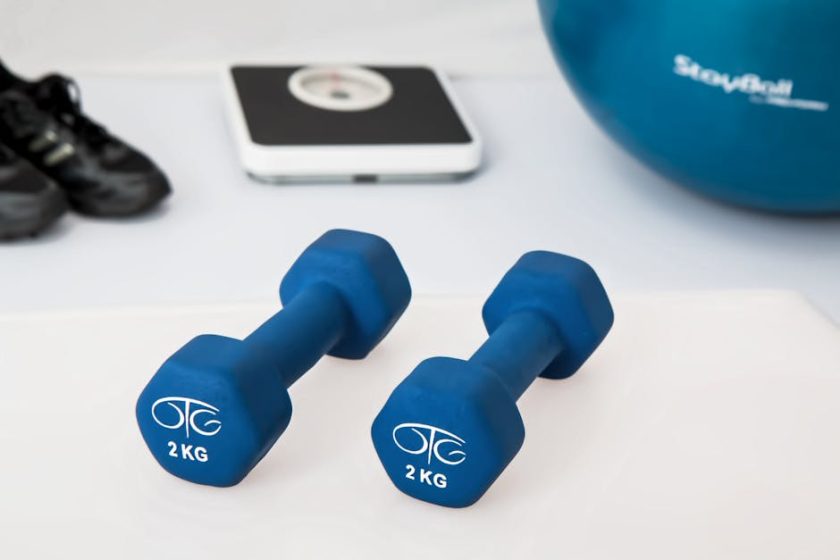Weight loss is a common goal for many, yet it can be an arduous journey. Understanding the underlying principles and adopting a multifaceted approach can empower you to achieve your weight loss aspirations and unlock a healthier, more fulfilling life.
**Understanding Metabolism and Calorie Balance**
Weight loss fundamentally boils down to a simple equation: calories consumed versus calories burned. Metabolism refers to the process by which your body converts food into energy, and understanding your basal metabolic rate (BMR) is crucial. Your BMR, influenced by factors like age, sex, and lean muscle mass, determines the number of calories your body needs to function at rest. Consuming fewer calories than your BMR creates a calorie deficit, which promotes weight loss.
**Nutrition: Essential for Sustainable Weight Loss**
Diet plays a pivotal role in weight loss. Prioritizing nutrient-rich foods over processed, high-calorie options is fundamental. Fruits, vegetables, whole grains, and lean proteins provide essential vitamins, minerals, and fiber, promoting satiety and supporting overall health. Conversely, minimizing sugary drinks, unhealthy fats, and processed foods can significantly reduce calorie intake and improve metabolic function.
**Exercise: The Key to Burning Calories**
Physical activity is an indispensable component of a weight loss journey. Regular exercise elevates your heart rate, increases calorie expenditure, and builds muscle mass, further boosting metabolism. Aim for at least 150 minutes of moderate-intensity exercise or 75 minutes of vigorous-intensity exercise per week. Choose activities you enjoy to make exercise a sustainable habit.
**Sleep and Stress Management**
Often overlooked, adequate sleep and stress management are crucial for weight loss. Sleep deprivation can disrupt hormones that regulate appetite, leading to increased cravings and overeating. Prioritizing 7-9 hours of quality sleep each night supports hormonal balance and promotes weight loss. Additionally, managing stress effectively, through techniques like meditation or yoga, can reduce stress-induced eating and promote overall well-being.
**Hydration: An Underappreciated Factor**
Water is essential for various bodily functions, including regulating metabolism. Staying adequately hydrated promotes satiety, reduces calorie intake, and supports healthy digestion. Aim to drink eight to ten glasses of water daily to optimize weight loss and overall health.
**Consistency and Motivation**
Consistency is paramount in achieving weight loss goals. Establish a realistic target and break it down into manageable milestones. Focus on gradual, sustainable changes to your diet and exercise routine rather than drastic measures. Motivation is equally important; identify your reasons for wanting to lose weight and keep them front and center.
**Seek Professional Guidance When Necessary**
If you struggle to lose weight on your own, consider seeking professional guidance from a registered dietitian or healthcare provider. They can provide personalized advice, support, and tailored solutions to address specific challenges and underlying health conditions that may impact weight loss.
Remember, weight loss is a journey that requires patience, perseverance, and a holistic approach. By embracing these principles and adopting a healthy lifestyle, you can unlock the transformative power of weight loss, empowering your body and enriching your overall health and well-being.

